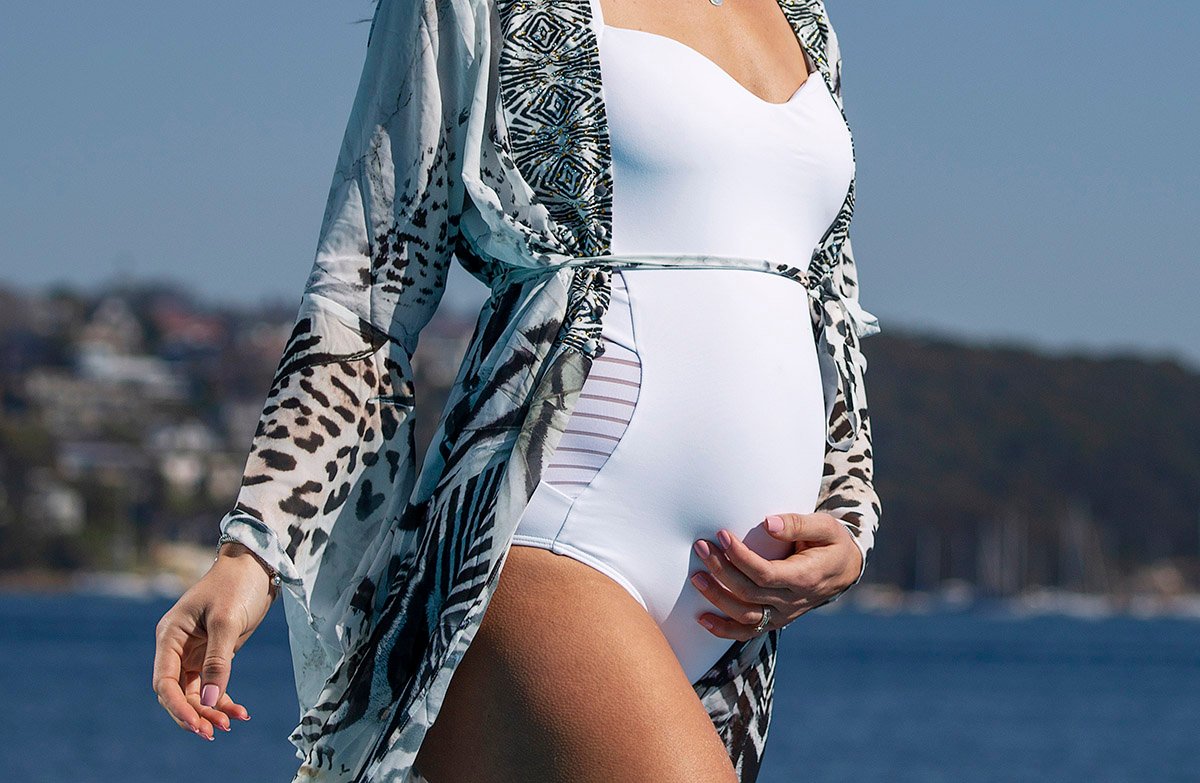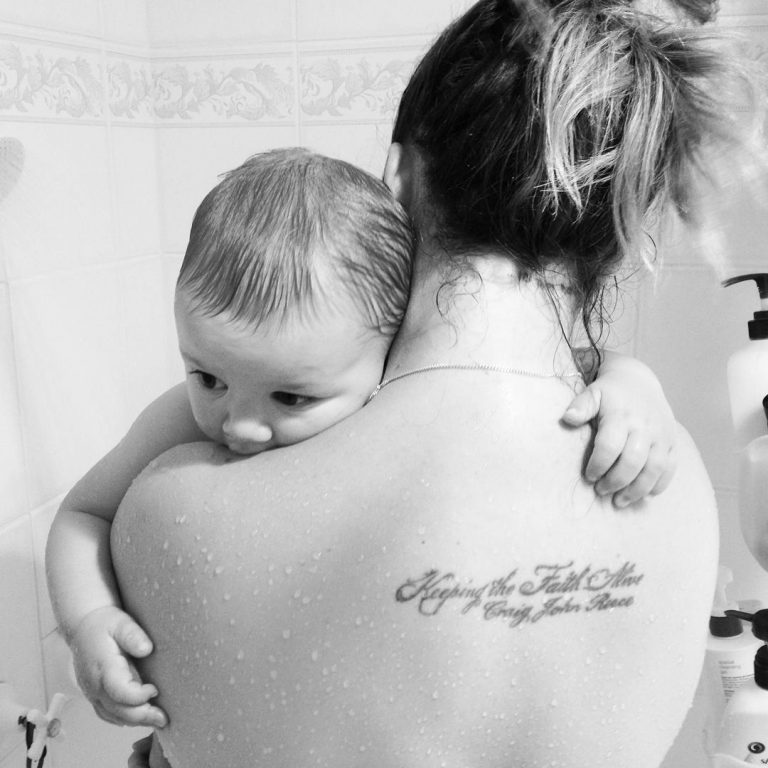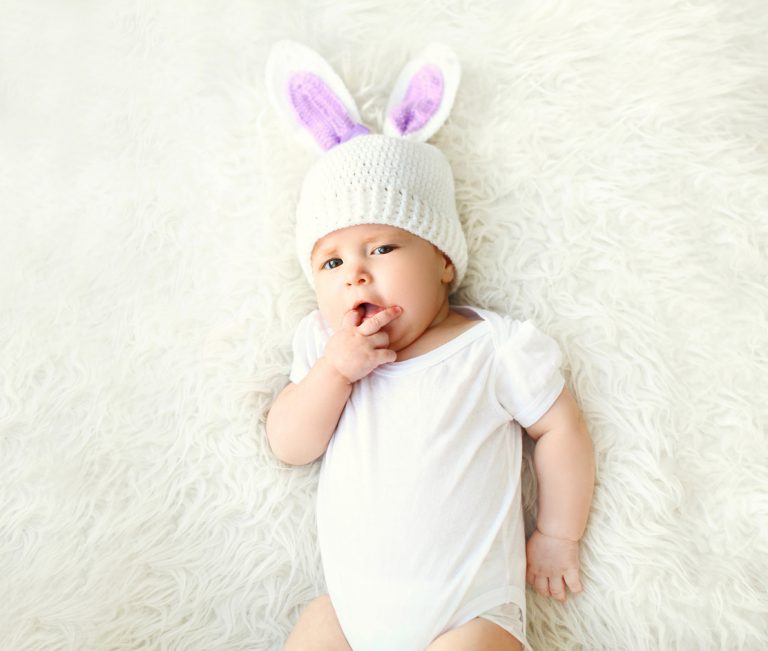Workin’ Moms star Catherine Reitman opens up about “brutal” postnatal depression
Workin’ Moms star Catherine Reitman has opened up about her own struggles being a working mum and suffering from postnatal depression.
Workin’ Moms has been a global hit TV show, with a second series out now on Netflix, and if anyone knows the challenges mums face when it comes to juggling a career and being a parent, it’s the show creator and star Catherine Reitman.
Catherine, who plays Kate Foster alongside her real life and on-screen husband Philip Sternberg, is mum to two boys, Jackson, six, and Liam, three.
In an interview with People, the 38-year-old actress has opened up about her own struggles with postnatal depression and mum guilt.
Workin’ Moms star Catherine Reitman opens up about postnatal depression and mum guilt
Long before Catherine came up with the idea for the show and after the birth of her first son, the Canadian star reveals she felt “brutal” depressive feelings.
“I remember feeling like I didn’t know who I was anymore,” she says.
“I felt this toll in me that I’d never felt before. It’s not just guilt, it’s like an identity crisis feeling that I’ve never heard anyone speak about before.”
View this post on Instagram
Floating down a river in Mexico City… you read that correctly. #tbt photo cred: @woodrow_thomson
Catherine admits she wasn’t with her son six weeks after she gave birth or even on her first Mother’s Day. Encouraged by her husband, she decided to write about her feelings and that’s how she came up with the idea for Workin’ Moms.
“Now, four seasons later, I’ve got this TV show that I’m so proud of, because I feel like it is such a representation of my own painful experiences as a working mother,” she adds.
“Our pain doesn’t have to be handled in one certain way. We have the authority to laugh at our own pain if we choose to.
“By being able to write comedy based on my own darkness, on something that I felt really ashamed of, was incredibly liberating and empowering.”
‘There’s no shame in being a working mum’
Catherine says being a working mum isn’t something to feel ashamed about.
“My big priority [with the kids] was to be like ‘I work. That’s part of our world and that’s why we have all the nice things that we have,’” she explains.
“But also that Mommy (sic) loves going to work, that it’s not associated with shame and guilt, but that it’s associated with going after your dreams, and they can give you so much pleasure.”
Hear, hear!
Study finds that girls with working mums tend to earn more and have better jobs
Children of working mums become happy adults, reveals study
Signs of postnatal depression and anxiety
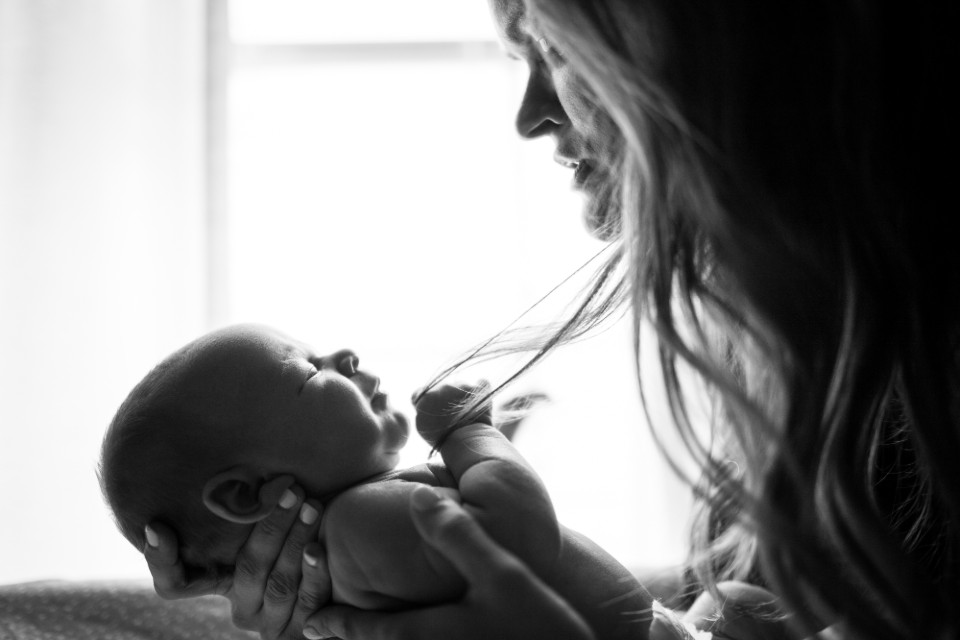
Postnatal depression (PND) doesn’t discriminate – it can hit anyone at any time, mums and dads included.
Stats reveal it affects one in seven new mums and can occur after the first, last or after all pregnancies and usually occurs after the baby is born and can last up until a year.
Symptoms of postnatal depression include:
- Feeling exhausted
- Feeling Anxious
- Having trouble sleeping
- Having a low mood
- Feeling down or a failure
- Worrying about your baby
- Crying excessively, feeling irritable, mood swings or panic attacks
- Fear of being alone with your baby
- Fear of being alone or going out
Currently, there is no known cause for it with many experts believing it’s down to the surge in hormones a woman experiences during and after pregnancy.
Postpartum anxiety can occur for no particular reason or could occur because either a mum or dad is feeling anxious about a certain situation or event.
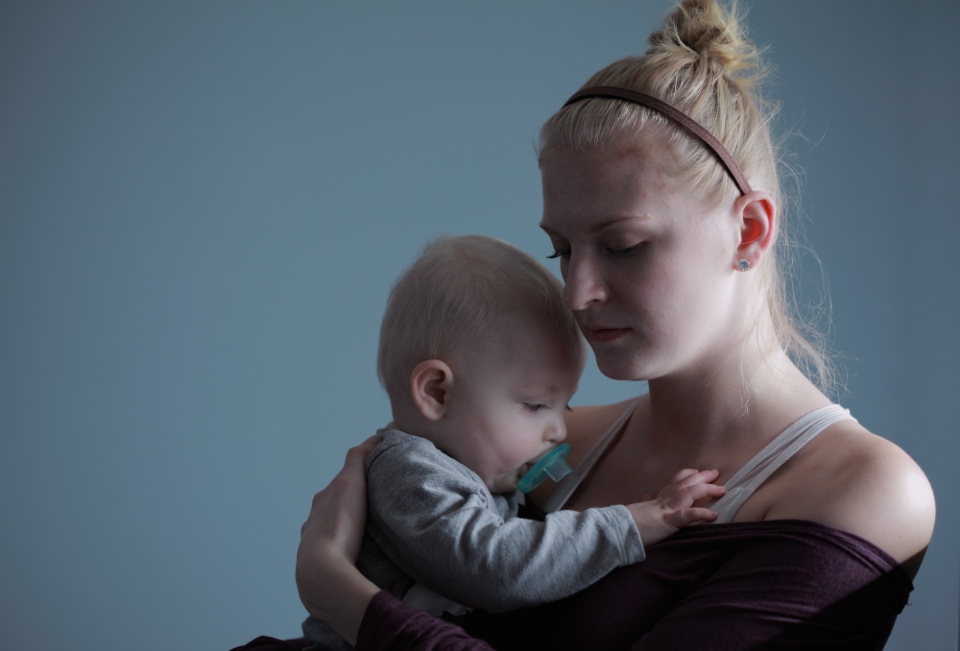
Signs of postpartum anxiety include:
- Feeling on edge
- Having constant feelings of worry or fear
- Struggling to sleep
- Worrying about your baby
- Panic attacks
- General anxiety
- Social phobia (fear of going out)
- Post-traumatic stress disorder
Anxiety during pregnancy can often result in woman being at greater risk for postpartum depression and may also affect pregnancy outcomes.
What’s more, up to half of people who have postnatal anxiety with suffer from postnatal depression at the same time.
If your anxiety is mild, your GP may refer you to talk to someone. For more serious anxieties, you made need treatment with medicine or psychological therapies.
Getting the support you need
If you or someone you know is struggling, then remember you are not alone. Have a look at our story on what every mum who has experienced PND needs to hear as well as our post natal depression archives for ways to get the help you deserve.
For more on the signs and symptoms of postnatal depression visit www.panda.org.au.
Support
PANDA National Helpline www.panda.org.au – 1300 726 306
Beyond Blue www.beyondblue.org.au 1300 224 636
Join our Healthy Mummy support groups for support through other mums, judgement-free!

